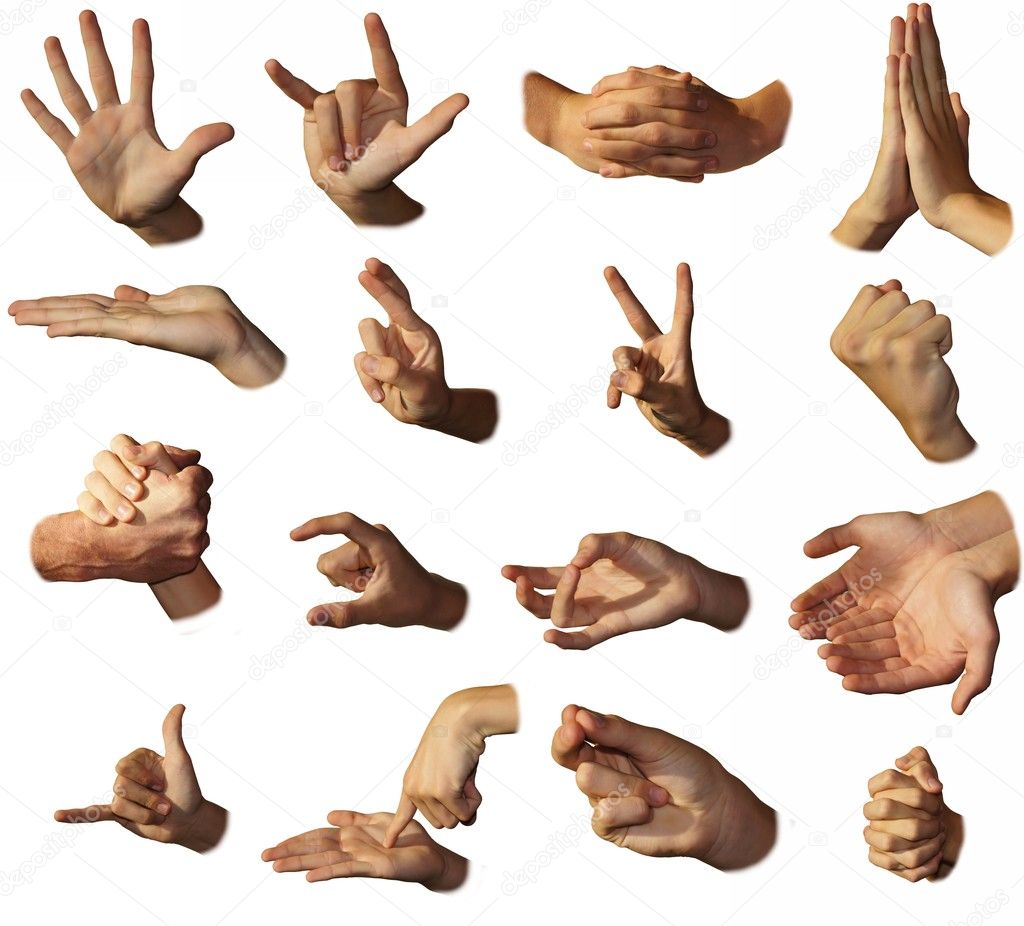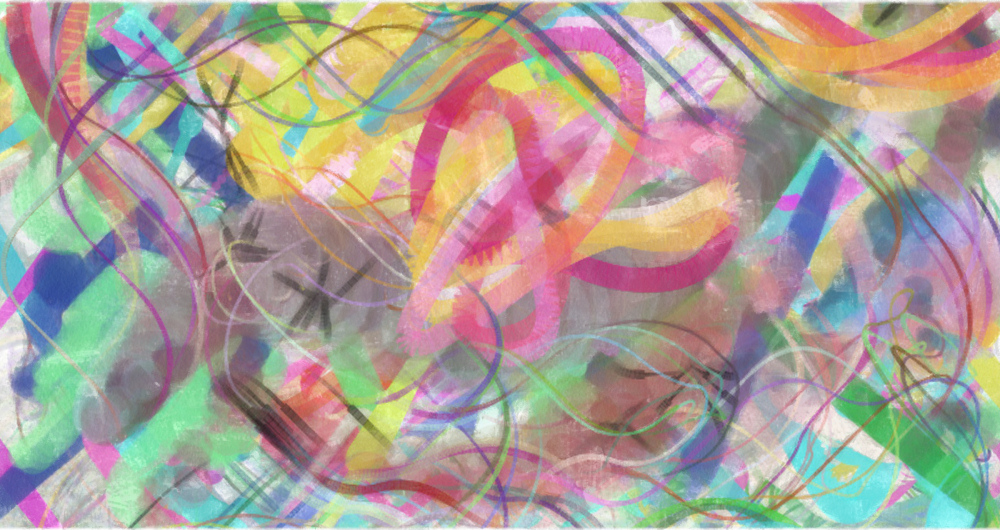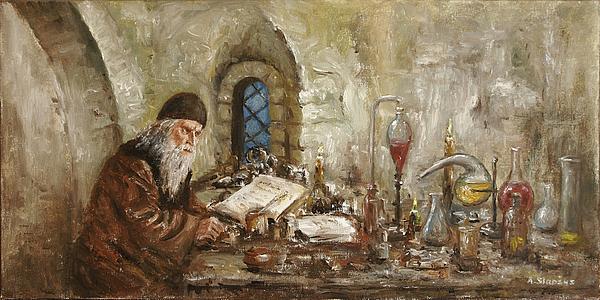 BRIEFLY and without repetition we climb the staircase up and onto the landing of momentary desire. We hearken to those forgotten reminiscences, we hanker after the elusive melody, and we know that we may catch the scent ever-so-slightly before it is gone. . . We build upon such moments - those which are not contrived and yet anticipated with a breath of hopeful expectation that brings buoyancy to the joyful soul.
BRIEFLY and without repetition we climb the staircase up and onto the landing of momentary desire. We hearken to those forgotten reminiscences, we hanker after the elusive melody, and we know that we may catch the scent ever-so-slightly before it is gone. . . We build upon such moments - those which are not contrived and yet anticipated with a breath of hopeful expectation that brings buoyancy to the joyful soul. Many plan and are exact tacticians. They compromise that they may fit life around such plans; however they do not afford for the marvelous or the intimate, because of their egregious fervor for predictability.
When we allow for the unexpected to venture in upon us we begin to practice living in the Eternal Now; we desist from projecting our consciousness into boundless realms of speculation and we forestall the calls of memory sufficiently to ease the nerves and the callings of deceased but noteworthy efforts and trials. 'That I might be' and be happy about it - that is to say, not only at peace at the axis, but truly happy as well that I live and live now, is of first importance to a struggling consciousness. Therefore if a man is contained in an experience which he delights in, one may forgo the harshness which stipulates unease in this and know that indeed he may come to welcome life itself in such happiness, by such joy.
Quite often one can witness children who are playing happily. It may be that they are on their own or with others and there is mirth, chatter, celebration, expectation, thriving, absolute joy and expression of such, in the moment. They have not the cares of the hour before, they have not the foreknowledge of the night pressing in, rather they are enraptured by soul connections with a playmate, a butterfly, a 'casting out', with a crayon to paper etc. The child is intensely absorbed in the moment and content to be so; usually until called away to offer his attention elsewhere. It is from the collection of these happiest moments he shall build his character and his relationship to the world in future years.
This is not a question concerning mere 'mindless fun' to pass the time, as many pursue known activities which are preordained to stimulate pleasure - no, that is of repetition and little contrast. The question at hand concerns moreover those spontaneous eruptions of amazement, enlightenment, exactness, fellowship, communion, profundity, compatibility, devotion, deep beauty, rapport etc.- accelerated and enhanced comprehension which is so stimulated it becomes enlivened and accentuated, and the man is truly 'taken' by the moment at hand.
For some, they expect to dwell within a peaceable plain and ne'er venture out into a world in which full participation is required. They are enrobed in gentle complacency; they are lonely in soul and sheltered within. They may know gentle joy, but come to great happinesses reluctantly.
Conversely, there are those who seek to satisfy a need for pleasure to a point where the happiness itself is all but gone. Such men or women, drive themselves (and others) to the very limits of all manner of desires, that they may be comfortable in the world. However they cannot withstand the lesser moments and are impatient for self-fulfilling self-indulgent pleasures. If there is constancy in this, the pleasures are as but mundane, therefore second-rate to the participation in real joy in experience.
A heightened overview to the world provides for a celebrative spirit which learns to seek further and higher for quality of experience. No longer satisfied with the sleepy fissures of ordinary experience and expression and participation, the man has symptoms of becoming unsettled in between his elevated encounters. This is usual and to be expected. The swing to and fro between rapture and the commensurate descension from, takes great practice afore the man knowingly becomes content in both conditions; because he knows that the rapture shall sustain his quiet or unsettled periods and that rapture itself cannot be enduring and everlasting.
If a plateau remains, it is as reconciled to the spirit within and no longer of great and outstanding impression. Rapture is the impact of keen interaction whereby the soul itself is awakened with excitement in the moment. This of itself is a higher stimulation than the passions as transmuted by flesh or excited by desire. The higher desires are fulfilled by soulful interaction on a spiritual level, which raises the consciousness of the man into a vastly higher happiness within the moment. So we can see from this that it is with great blessings that we receive such experience; and that we may begin to recognize rapture as a vital lead-in to spiritual vision and insight.
However and contrariwise, the more one seeks out the experience and is so determined, the more one is inclined to 'push it away'. She comes freely or not at all. As discussed before, it is within the unexpected and spontaneous moment that one will connect with the elevations of rapturous interlude, and no matter how hard one might try to imitate the experience it shall not be the same again. How special therefore, this distinct and impressing event!
Similar experiences may come, but not the same. For therein is another quality of Rapture herself: provision for uniqueness. Furthermore, there shall live in a man for an eternity thereafter, the quality, the nature, the essence of that experience and that uniqueness.
"This is living".





































